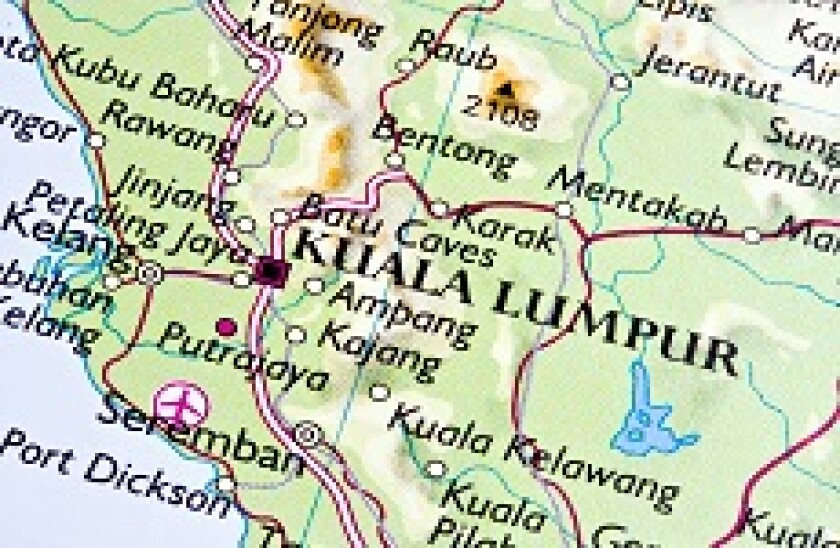Khazanah put SRI instruments firmly to the test last week with the format's debut ringgit-denominated Islamic bond outing. Not only was Khazanah gauging appetite for SRI sukuk — this was the country’s first — but the sovereign wealth fund was also testing investor commitment to the social project that the sukuk was funding.
Proceeds from the bond are being funnelled to the Trust Schools Programme, an initiative spearheaded by a Khazanah-supported non-profit, in order to improve accessibility to quality education in government schools.
So far, so normal. But what sets the Khazanah sukuk apart is the fact that investors take an 80bp reduction in yield during the last two years of the seven year deal if the Trust Schools Programme meets certain key performance indicators by year five.
Khazanah’s move to engage socially conscious investors who are willing to fund the project and expect less in return is commendable. However the sovereign wealth fund may be moving a little too quickly compared to where the SRI market currently stands.
Not your typical SRI
Other "pay for success" models typically reward investors for a project’s achievements, rather than reducing the yield.
This was the case when New York City raised a social impact bond in 2012 to fund a project at Rikers Island jail for prisoner rehabilitation with the aim of reducing re-offending on the part of teenagers. If the programme was successful New York was to use some of the savings associated with the reduction in re-offending to reward investors.
But even if Khazanah did not want to reward investors, actually reducing the yield is almost unheard of in SRI bonds. Green bonds, the most actively issued form of SRI debt, tend to price in line with issuers’ normal levels and will hold those terms for the entirety of the bond’s lifetime. They generally look and feel like a typical bond issue.
There is a good reason for that. Offering a deal that has a very different risk/reward profile to non-green debt will deter those investors without a specific SRI remit. The structure of Khazanah’s bond, however, meant it was limited to just attracting specialist funds, which meant the MR100m trade only received MR133m of demand. This shows that investors, or at least a large number of them, may not be ready just yet to give up part of their yield in the name of social good.
Khazanah’s SRI sukuk has certainly blazed a trail for both Malaysia and for socially responsible investment globally and is perhaps a sign of where this type of funding will eventually end up. But if the goal is to get money to the projects that need it, Khazanah may want to be a little bit more conformist — at least until investors have caught up.

